The Christmas Cactus, scientifically known as Schlumbergera spp., is a widely loved houseplant, famous for its brilliant and celebratory flowers that emerge during the holiday season. Although these plants are commonly purchased, many are unaware of the ease with which they can be propagated, turning a single plant into many. This article will uncover the expert tricks of a seasoned gardener who has become a master in Christmas Cactus propagation.
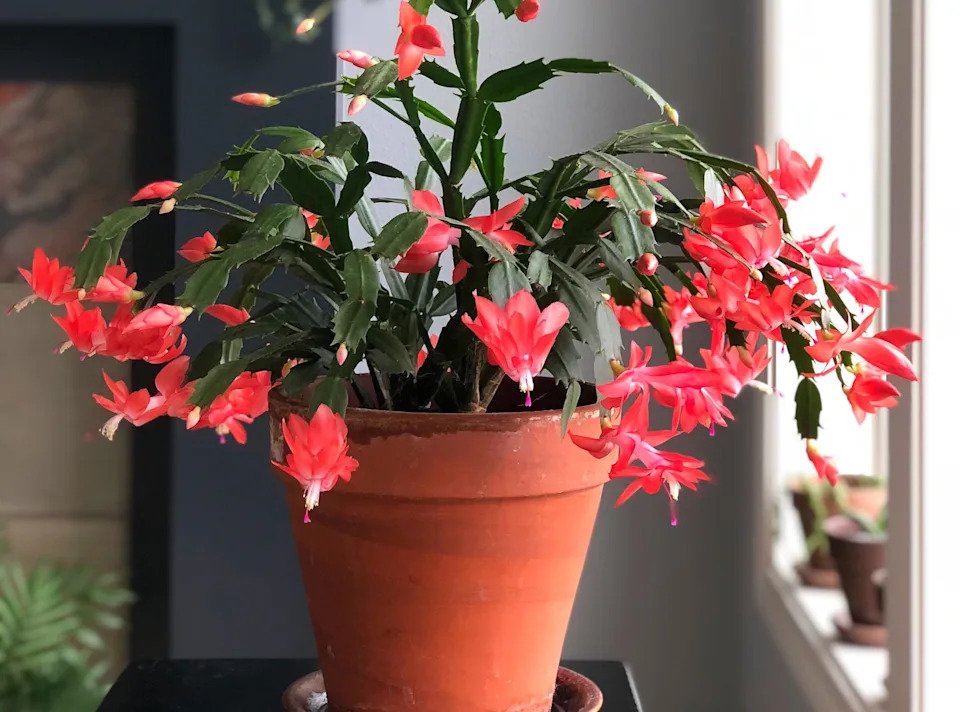
Understanding the Ideal Conditions for Growth
Before starting propagation, understanding the proper growing environment for Christmas Cactus is essential. These plants do best with bright, yet indirect light, and prefer a moderately humid setting. Soil should drain well, and watering should occur when the top inch of the soil is dry to the touch. Healthy growth will be achieved by maintaining temperatures between 60-70°F (15-21°C) and avoiding abrupt temperature fluctuations. Grasping these needs is crucial for successful reproduction.
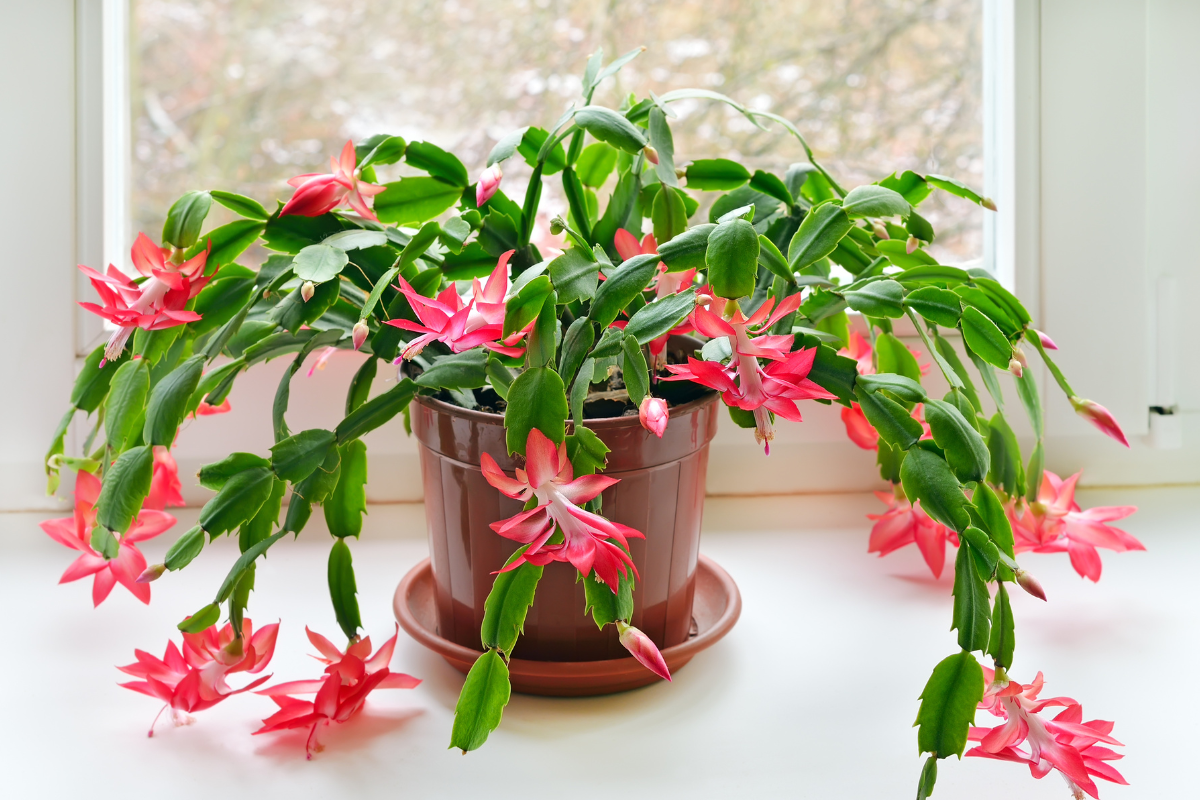
Tools and Materials Needed for Propagation
You will need some basic tools and materials to propagate a Christmas Cactus. These include: a healthy parent plant, sanitized and sharp pruning shears or scissors, small pots that have drainage, a well-draining potting medium like a cactus or succulent mix, and a rooting hormone, which is optional. It can also be very helpful to have labels and a pen to keep track of your cuttings’ progress.
:max_bytes(150000):strip_icc()/SPR-propagate-christmas-cactus-7643777-03-0814461d6f9d4e46b89d33205802be7d.jpg)
Step-by-Step Guide to Propagating Christmas Cactus
There are multiple systematic steps involved in propagating Christmas Cactus. First, locate and select healthy segments from the existing plant. Cut segments that have 2-3 leaf sections that are joined together using the sterilized shears. Give these cuttings one to two days to develop a callous before planting. Take your small pots and fill them with the appropriate potting mix. Then, insert the calloused tip of each cutting roughly an inch into the soil. Water carefully, and position the pots in a brightly lit area that avoids direct sun. Roots will grow and new growth will begin to show within the next few weeks.

Selecting and Preparing Healthy Cuttings
The right cuttings are critical for successful propagation. Look for segments that are firm to the touch, display vivid color, and are clear of diseases and/or pests. Avoid segments that look wrinkled, discolored, or feel soft. After selecting, make a clean cut just beneath a segment junction to create cuttings approximately 3-4 inches long. To develop a callous, leave the cuttings in a dry place for 24 to 48 hours. When the cuttings are planted, this process will help to prevent rot.
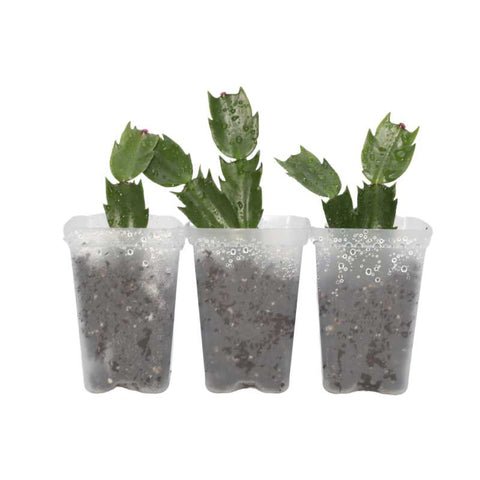
Optimal Potting Techniques for New Cuttings
Employing a small container equipped with drainage holes is important when potting Christmas Cactus cuttings, since it prevents overwatering. Fill the pot using a well-draining cactus or succulent potting mix. Create a small divot in the soil, and carefully input the cutting, calloused-end down, making sure that it is upright and stable. To hold the cutting firm, gently tamp down the soil all around it. Lightly water the soil and place the container in a spot that has bright, indirect light. Make sure the soil is moist but not soaked.
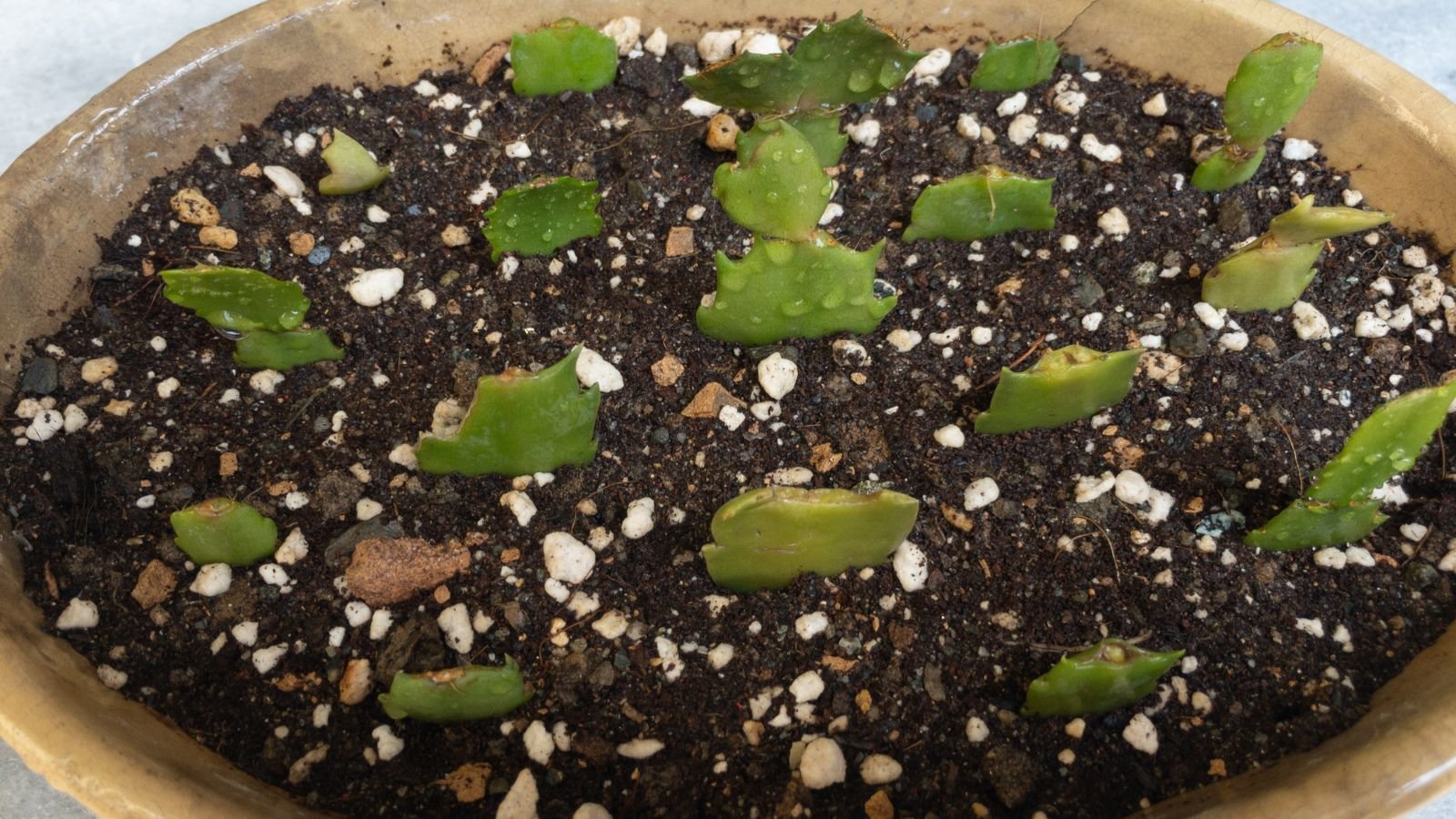
Aftercare and Maintenance for Young Plants
For young Christmas Cactus plants, adequate aftercare is vital. Instead of overwatering, water the cuttings moderately, giving the soil a chance to slightly dry out in the time between waterings. Keep the plants in an area that is warm and humid, as well as out of direct sunlight. Once roots have formed and new growth is evident, gradually acclimate plants to their final location. Use a diluted, balanced fertilizer on a monthly basis during the plant’s growing season so that growth is strong.
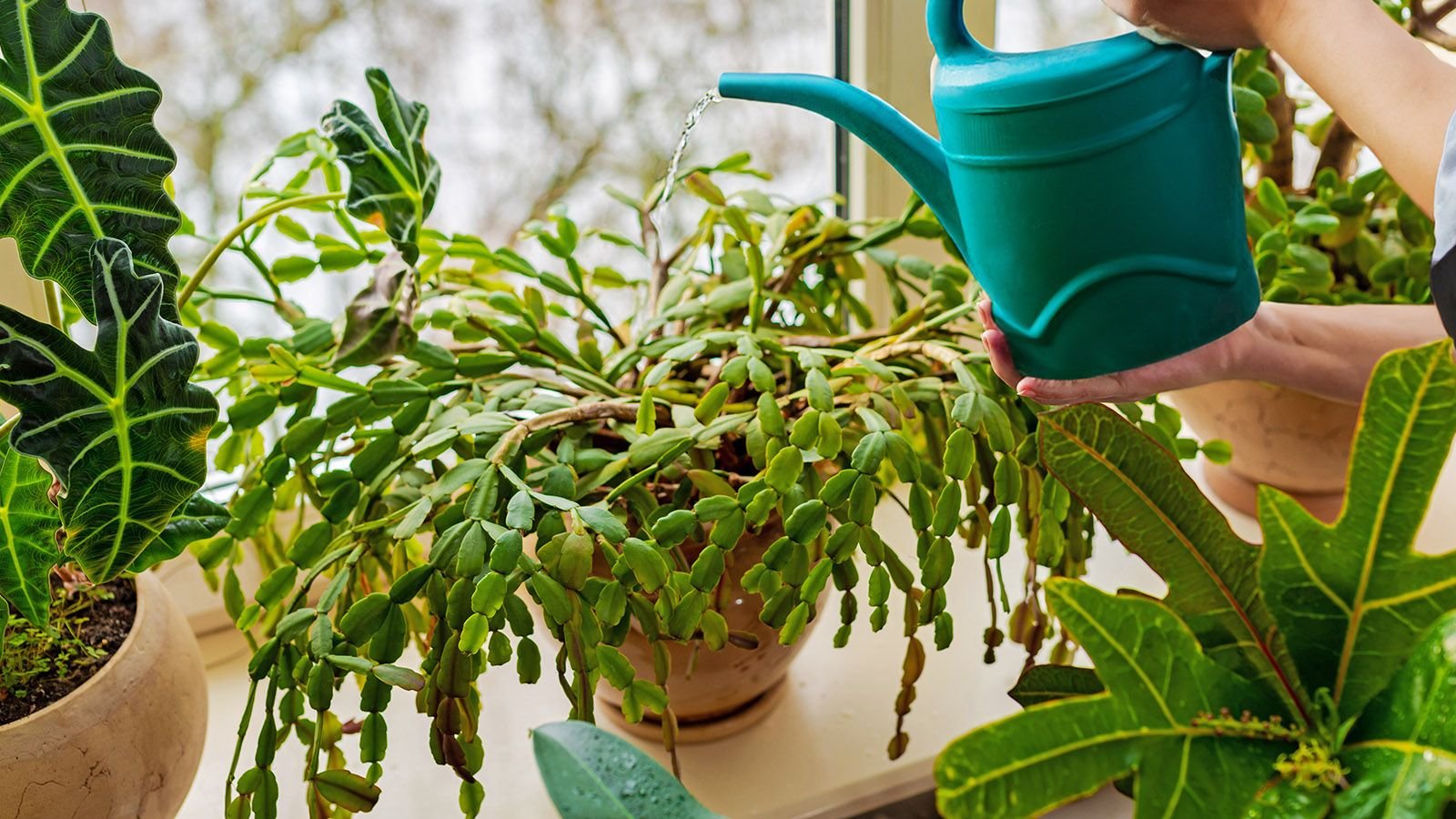
Common Mistakes and How to Avoid Them
Several typical mistakes can impede the propagation. One of the most common problems is overwatering, which results in fungal infections and root rot. Always allow the soil to dry a bit in between waterings. Utilizing tools that have not been sanitized can introduce contamination, so be sure your shears are cleaned before use. Rot can arise if cuttings are not given time to callous. Finally, direct sunlight can burn cuttings, so you should always choose placement where the light is bright but indirect.
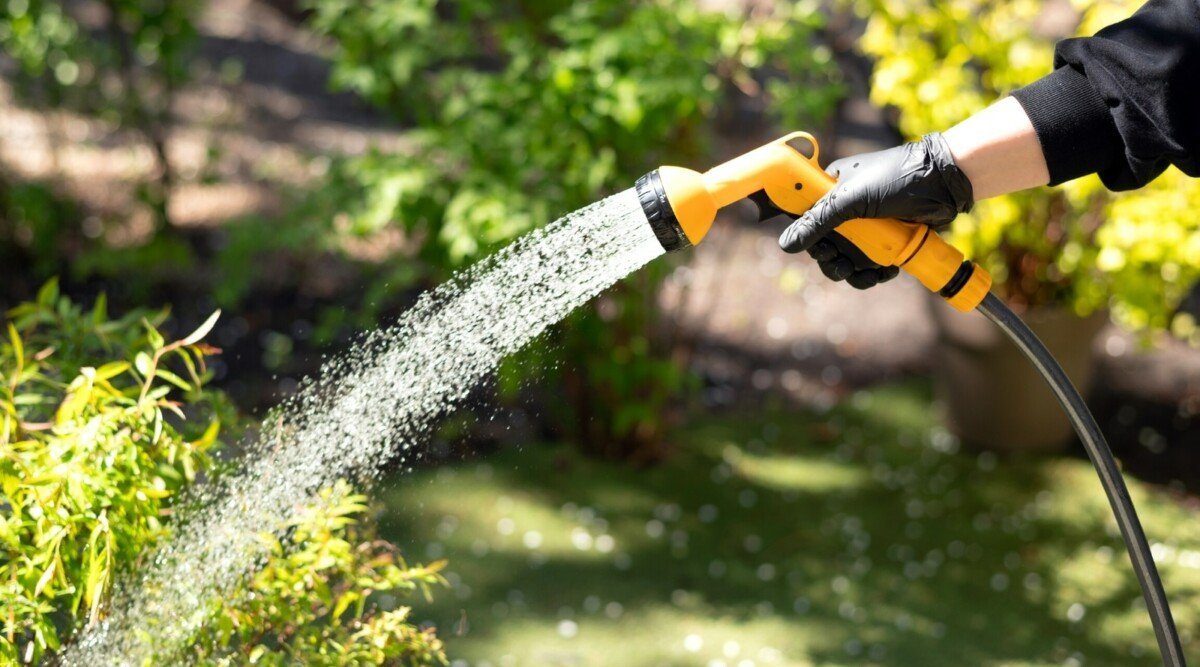
Tips for Encouraging Blooming in New Plants
To promote flowering in new Christmas Cactus plants, simulate their natural conditions. For approximately six weeks each fall, give plants around 12-14 hours of darkness per day. This mimics shorter days from their natural environment, which will encourage bud creation. During this time, the plants must be kept in a cool environment (50-55°F or 10-13°C). Once the buds grow, resume usual care and delight in the celebratory blooms.
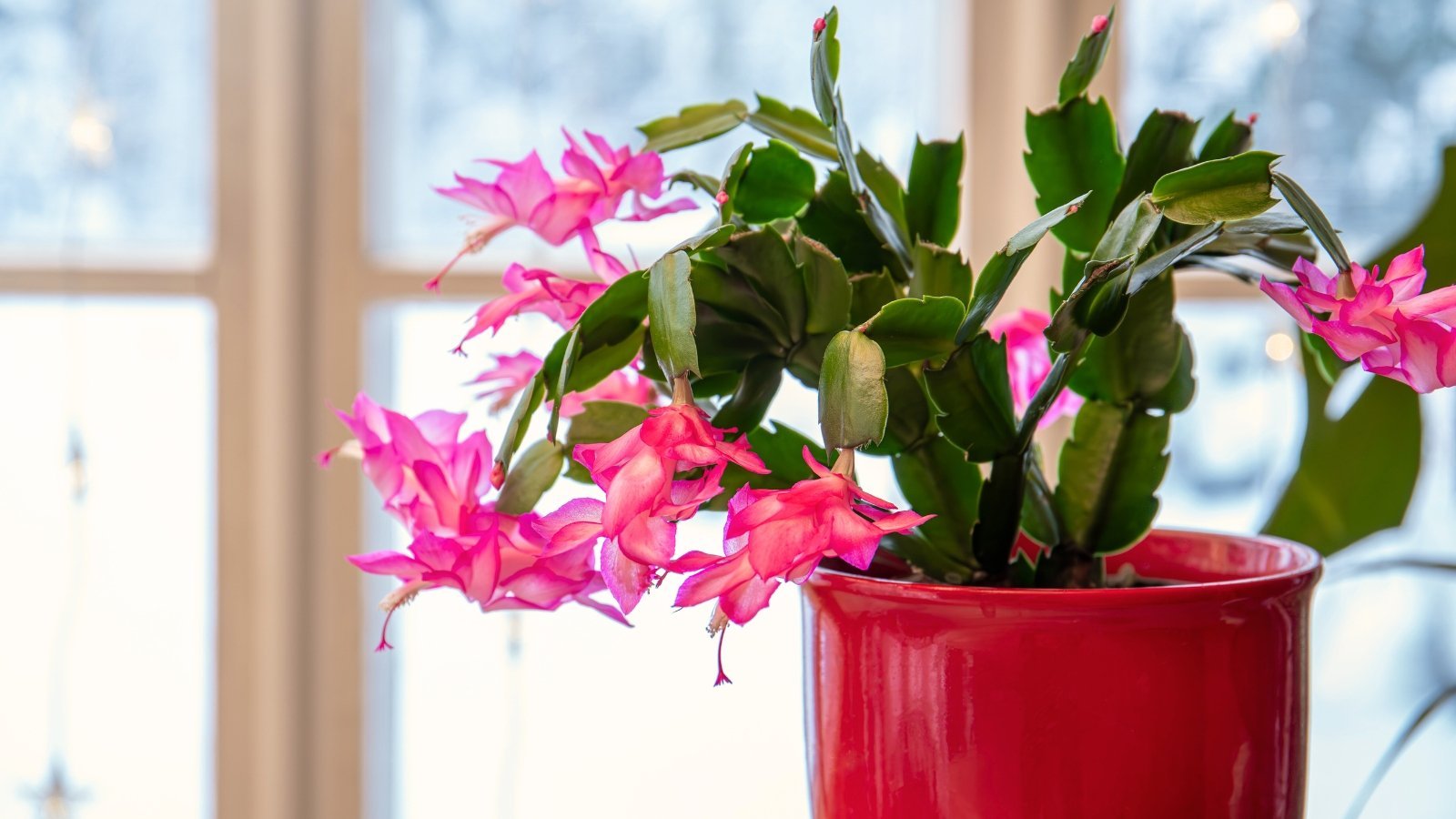
Conclusion
Multiplying your plants and sharing them with others through propagation is a fruitful and enjoyable process. You will be able to successfully transform one plant into many by thoroughly following the steps outlined in this article. You will soon have a prosperous collection of festive, blooming Christmas Cacti to brighten your home or give as presents if you’re patient and provide correct care. Happy gardening!

